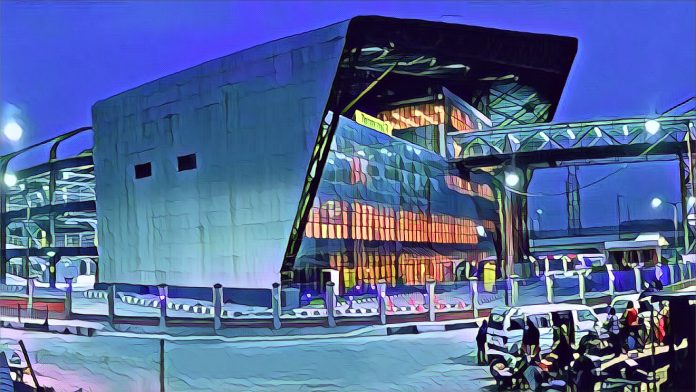The management of Oshodi Transport Interchange (OTI), a world-class bus terminal in Lagos, Nigeria, has dismissed reports of a looming crisis at the facility following a recent increase in service charges.
The OTI, which was commissioned by President Muhammadu Buhari in 2019, is a multi-story complex that hosts three separate terminals linked by a skywalk bridge. It caters to over 20,000 passengers daily with about 45 bus-operating companies and over 70 businesses.
According to a statement by Ade Ibileke, the Director of Operations and Maintenance at OTI, the facility remains peaceful, safe, and secure with a commitment to serving commuters optimally. He said the reports of tension and trouble at the interchange were erroneous and a misrepresentation of facts.
A commercial dispute, not a crisis
Ibileke explained that the increase in operating expenses and the cost of critical inputs influenced the decision to review the service charges upward. He said the price of diesel, petrol, and refuse disposal had risen by over 200 percent in recent times, adding to the costs of facility management, repairs and maintenance, and other sundry expenses.
He said the management had commenced discussions with all transport operators at the interchange on the need to adjust the charges due to the escalating costs of inputs and increased operational expenses. Ibileke said some operators under the Public Transport Owners of Nigeria Association (PTONA) had concluded the negotiations and resumed transport operations at the OTI.
He noted that there were other negotiations ongoing with all business partners at the interchange to ensure sustainable and continued operations. Ibileke said the management had an internal dispute resolution mechanism to handle such issues and did not need to draw media attention.
He, however, expressed surprise at the report of a looming crisis at the interchange without finding out what happened from the management. He said the report was nothing but a misrepresentation of facts.
A world-class terminal in Lagos
The OTI is one of the newest infrastructural developments in Lagos to boost the transportation sector. It features recreational and entertainment centers, a museum, an art gallery, fast food, a lounge, a mall, a hotel, and a tech hub.
The purpose of the OTI is to create a central business district for road transportation in Lagos and to put Lagos at the forefront of transportation development in Africa. The OTI also serves as a transport interchange for both bus and train routes, as it is connected to the Lagos Red Line, a 37km North-South rail route that runs from Agbado to Ebute Metta with eight stations.
The OTI is not just a bus terminal, but a tourist destination in Lagos that offers services to commuters and visitors alike.
Source: Vanguard



